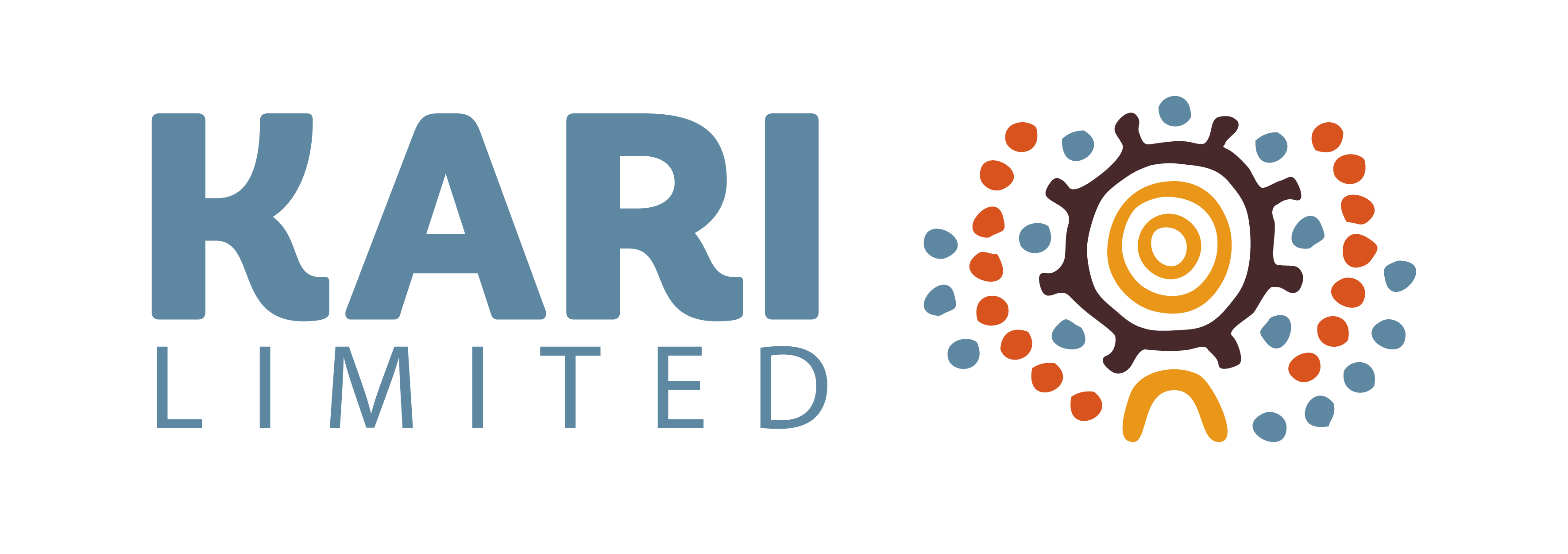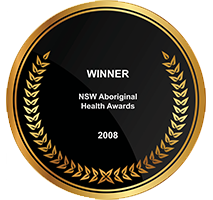Improves the health and wellbeing outcomes for all the Aboriginal children and young people.
KARI’s health programs are tailored to suit the needs of the children, young people and families. Working in partnership with service providers and government organisations, our aim is to provide the best support.
Due to government funding some programs delivered by KARI Clinic are only for our Out of Home Care Children.
Our programs include:
- Multidisciplinary clinic
- Transition to School Program
- SPOT 3 and 4 – Speech pathology and Occupational Therapy
- Reparative Parenting Programs (RPP)
- Playgroup
- Dental
- Dietetics
- Carer Support
The KARI Clinic also employs a variety of staff from a range of allied backgrounds. Our one-stop shop model is unique to KARI, and is not provided in any other foster care service provider in Australia.
Our team includes:
- Psychologists
- Speech Pathologists
- Occupational Therapists
- Child & Family Health Nurses
- Clinic Coordinator
Our Programs
Multidisciplinary clinic
Run in partnership with South West Sydney Local Health District (SWSLHD) and FaCs, our multidisciplinary clinic ensures all children entering our care have their needs comprehensively assessed as soon as possible. The partnership provides paediatric, physiotherapy, occupational therapy and speech pathology support.
Transition to School Program
This 10-week program is designed to increase our children’s language and literacy skills in preparation for kindergarten. Each child is monitored and assessed to ensure they achieve outstanding results. This program indicates significant improvements in a child’s receptive and expressive language, phonological awareness skills, knowledge of book and print concepts, fine motor skills, visual and perceptual motor skills, self- help skills, pencil and scissor skills and listening skills.
SPOT 3 and 4 – Speech pathology and Occupational Therapy
Run by KARI’s speech pathologists and occupational therapists, this program is aimed at three and four-year- old children within the foster care program. It’s based on an early intervention model to try and identify language and literacy problems before the children begin the Transition to School Program and, eventually, kindergarten.
Reparative Parenting Programs (RPP)
Designed to provide therapeutic carer education and training, RPP is an attachment-based program based around the needs of children affected by trauma. It seeks to help foster and kinship carers learn reparative parenting, not just behaviour management skills, as well as increasing the understanding, skills and resources of Carers to ensure placement stability. Placement stability for our children is associated with a range of positive mental health, behavioural and educational outcomes.
Playgroup
Run every term on a weekly basis, playgroup is designed to ensure our clinicians are interacting with the children, while also developing a range of their skills including communication, fine motor, visual motor, literacy, play and social skills.
Dental
KARI and South Western Sydney Local Health District have formed a partnership to ensure all children in KARI’s care receive an oral health assessment. Should further treatment be required, it will either be carried out at the same venue or a referral will be made. The clinic operates on a fortnightly basis.
Dietetics
Every month, all children in KARI’s care are given access to a dietetics clinic. Run in partnership with South Western Sydney Local Health District, the clinic’s dietician is an expert in dietetics – human nutrition and regulation of a diet – who advises our young people and Carers on what to eat to lead a healthy lifestyle.
Carer Support
Our clinicians provide support not only for the child, but also for their carer. Whether it’s a home visit, a phone call, or behavioural advice and access to carer training workshops, they’re here to help. Our programs have proven vital to the development of our children, with results indicating a significant difference to their overall health and wellbeing has been achieved.
Awards
The KARI Clinic has received a number of prestigious awards over the past years, including:

Closing the Gap in Aboriginal Youth and Wellbeing Award:
KARI Clinic Holistic Health Services For Aboriginal Children and Young People in Out-Of-Home-Care (2012)
NSW Aboriginal Health Awards:
Strengthening Aboriginal Families and Children Award (2008)
Premier’s Excellence Awards:
Health, Wellbeing, Body and Mind (2008)
Our Team
Our one-stop shop model is unique to KARI, and is not provided in any other foster care service provider in Australia. The clinic’s staff includes:
- Five psychologists
- Two speech pathologists
- One occupational therapist
- One child and family health nurse
- One clinic coordinator
Psychologists
KARI’s psychologists work with children from vulnerable backgrounds daily – children who have potentially been exposed to domestic violence, mental illness and substance misuse. This makes the support on offer all the more crucial.
Our psychologists are on-hand to offer both individual and group-based therapy sessions to our children, adolescents and their Carers. This could include the assessment and development of behaviour management plans, facilitation of training to foster Carers and clinical consultation for emergent issues.
Speech Pathologists
A staggering 63 per cent of the children in foster care at KARI experience communication difficulties. This creates implications for their learning and overall health and wellbeing, making our speech pathologist’s role an important one. It’s their job to work with our children and adults who have communication difficulties and/or difficulties eating and drinking to provide assessments and therapy to ultimately improve their speech, language, literacy, fluency, voice and social skills.
Occupational therapist
KARI’s paediatric occupational therapist provides intervention for children who may experience difficulty with performing everyday, functional activities that are appropriate for their age.
It’s their role to supply our Carers with strategies and recommendations on trauma-related, sensory-behavioural difficulties, all the while taking the environmental, social, physical, sensory and cognitive (thinking) skills required for independent living into account. Functional activities may include play, social skills, drawing, cutting, handwriting, self-care skills, sensory processing and sensory behaviours.
Child and family health nurse
Child and family health nurses are registered nurses with further qualifications specialising in child and family health nursing. Their additional knowledge and skills include child development, family functioning, infant mental health, perinatal mental health (maternal and period of pregnancy) and health promotion. This enables them to provide prevention and early intervention strategies, such as making appropriate referrals for a comprehensive paediatric assessment, speech therapy, counselling and occupational therapy.
At KARI, our child and family health nurses see children from the ages of 0-5, and have undergone additional training to also assess older children in youth.
Clinic Coordinator
KARI’s clinic coordinator oversees the daily operation of the clinical team, ensuring culturally-appropriate outcomes for the children and Carers who access our services are regularly achieved.


